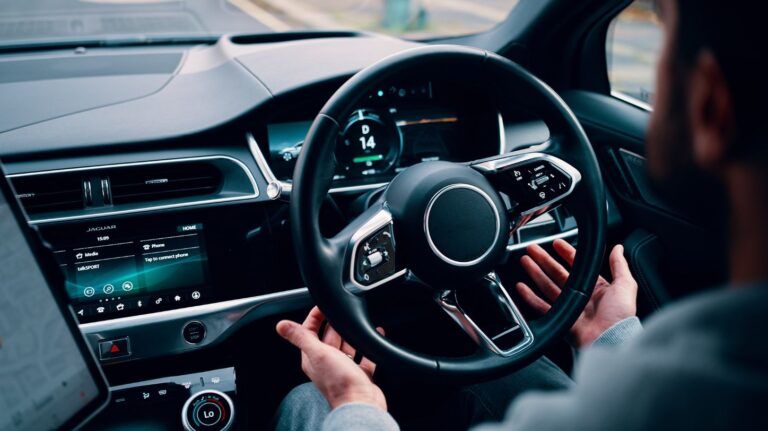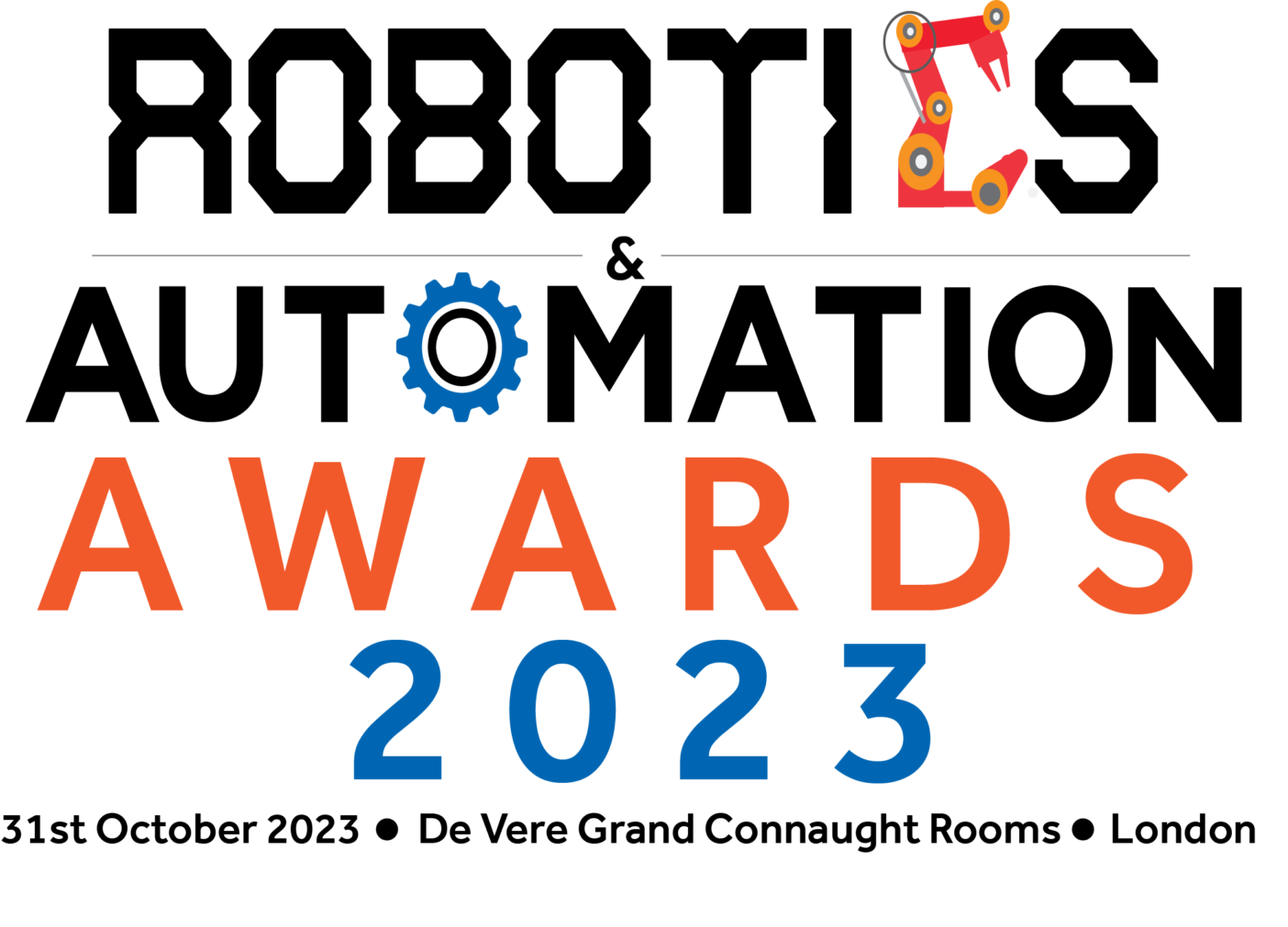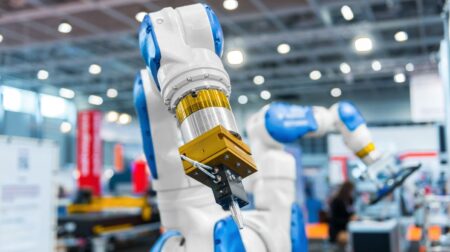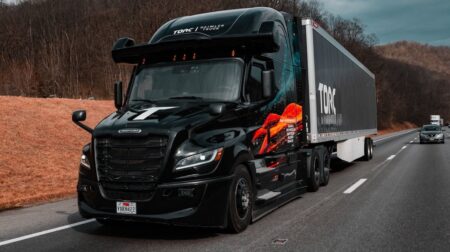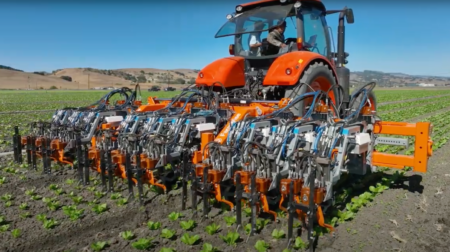Wayve, a developer of self-driving technologies powered by artificial intelligence (AI), has published further details on GAIA-1 (Generative AI for Autonomy), its first generative AI world model for autonomous driving.
A generative world model is a computational model that aims to simulate aspects of the real world.
In a new technical report, the company detailed its generative world model, which was developed to accelerate the training of Wayve’s end-to-end AI software for autonomous driving.
Generative world models can improve the deep learning capabilities of robotics applications, such as autonomous vehicles, by helping AI models learn general representations of the world to make predictions and better understand their surroundings.
Wayve likewise hopes the application of GAIA-1 can help its self-driving AI models effectively anticipate and plan behaviours while driving.
The company claims this model is the first generative world model designed specifically for self-driving systems.
Alex Kendall, co-founder and CEO of Wayve, said: “I’m impressed by GAIA-1’s ability to offer precise control over dynamic driving and scene features, including the way other agents in the scene react to the vehicle that’s driving.
“This future prediction capability makes GAIA-1 truly representative of real-world driving. The diverse array of driving videos we can generate with this model makes it ideal for research, training and validation of autonomous driving systems.”
“But the significance of GAIA-1 extends beyond its generative capabilities. GAIA-1’s incorporation of world models represents a crucial step towards achieving autonomous systems that can understand, predict and adapt to the complexities of the real world. This holds immense promise for improving the safety and robustness of autonomous vehicles and their ability to handle diverse and dynamic environments.”
The model was announced publicly by Wayve earlier this year and builds on the company’s research into future prediction, predicting in a bird’s eye view and learning a world model.
Wayve added that the novelty of the GAIA-1 model comes from its ability to merge the predictive capabilities of world models with the scalability and realism of generative AI techniques.
The autonomous tech firm is currently piloting its self-driving technology daily on UK roads and is undertaking Europe’s largest last-mile autonomous grocery delivery trial with Asda. For this project, it was shortlisted at the first-ever Robotics & Automation Awards.
Wayve is a finalist for the first-ever Robotics & Automation Awards in the Innovation in Transportation category for its work on autonomous deliveries with Asda. Interested in attending this unmissable event for the robotics and automation sectors? Book your table now!

